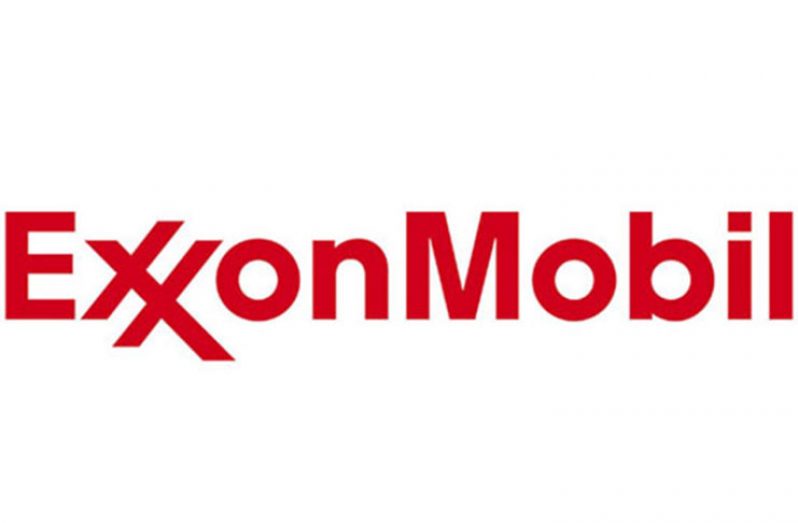…gov’t says legal, security considerations preventing release of Exxon contract
LEGAL and security considerations are preventing the Government of Guyana from releasing its contract with U.S Oil giant ExxonMobil.
Cabinet Secretary and Minister of State, Joseph Harmon, told reporters that in addition to issues of national security noted by Prime Minister, Moses Nagamootoo, earlier this week, there are also legal barriers preventing government from releasing its contract with ExxonMobil.
Over the past week there have been calls for the government to make public its contract with the oil company. The Working People’s Alliance (WPA) and the Guyana Bar Association (GBA), along with Transparency International (TI), have all called on the government to disclose the terms of agreement with the U.S Company.
The opposition People’s Progressive Party (PPP) has also called on government to make public the contract. However, on Friday, Harmon said at this juncture, his government will not make a full disclosure of the contract. He noted too that the 1997 Petroleum Act provides for a confidentiality clause in contracts like the one between the government and ExxonMobil.
That confidentiality clause states that during negotiations certain details ought to remain confidential. In fact, the legislation makes provision for the “restriction of disclosure of information” in Part II, Section Four. The Act states that “no information…by a licensee shall be disclosed to any person who is not a Minister, a public office or an employee of the Guyana Geology and Mines Commission except with the consent of the licensee”.
Notwithstanding the call, Harmon said, “I believe at the appropriate time the Minister of Natural Resources will make a public statement on the matter. But the Prime Minister has said that we’re about transparency and accountability and that at all times we will keep the people of Guyana informed about what we are doing.”
On Wednesday, Prime Minister, Moses Nagamootoo said the border controversy between Venezuela and Guyana represents a national security risk. As such the Prime Minister said, “We cannot do anything at this point in time to throw out the prospects that Guyana enjoys in terms of its resources in oil and gas.”
The Prime Minister however assured that the government will ensure that there is accountability and transparency in the establishment and governance of the new oil and gas sector. Additionally, the Minister of Natural Resources, Raphael Trotman, has repeatedly said that full disclosure of the contract is not in the country’s best interest at this time. ExxonMobil had originally signed a contract with the government (under the rule of the PPP) in 1999. However, what has occurred instead is the releasing of certain aspects of the agreement with the oil giant. Recently, it was announced by the government that Guyanese will enjoy significant benefits from its oil resources as the administration has negotiated a 200 per cent increase on the initial agreement with ExxonMobil.
The 1999 agreement has since been renegotiated to ensure that Guyana accrues sufficient benefits from the emerging oil and gas sector, the government said in a statement this week.
The assurance by the government follows statements made by the PPP which suggests that Guyanese will not benefit enough from the sector. “The royalties and profit sharing revenue are comparable with the world standard and will redound to the benefit of all Guyanese. In fact, the Coalition Government confirms that the two per cent royalties represent a 200 per cent increase on what the former PPP government had negotiated while it was in office before demitting in 2015,” the government said.
The Government noted too that currently the two per cent will give Guyana $7B in annual revenues in addition to the 50 per cent share of profits. “Under the Bharrat Jagdeo regime Guyana would have only received profits.” As such, the additional revenues negotiated by the government represent what has been described as a “massive increase” on what was previously negotiated by the former administration.



.jpg)








